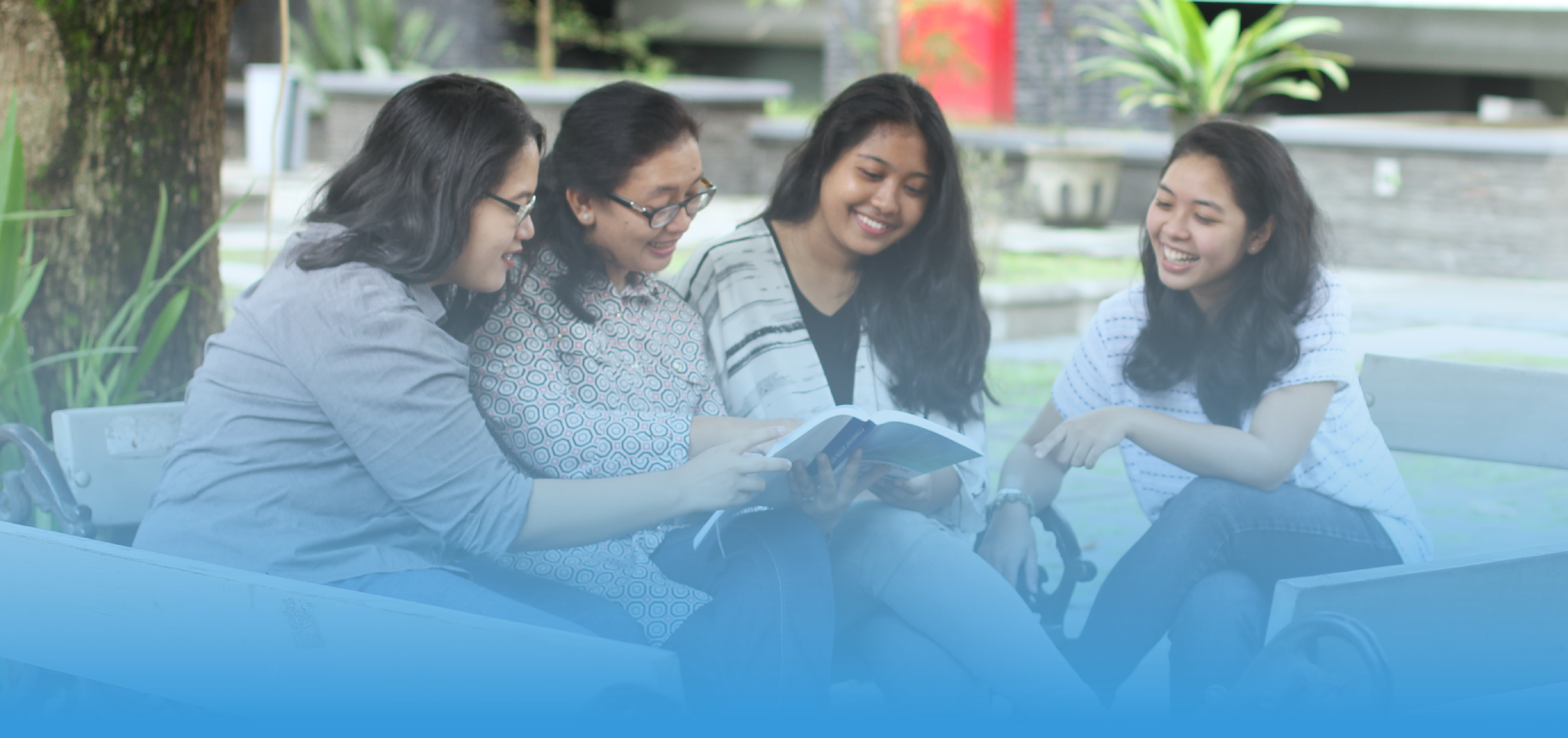Every decade presents different challenges and opportunities for the academic world. The latest challenges that arise in communication disciplines are caused by changes that accompany the emergence of new digital technology. Not only does the physical environment change because of the emergence of automation and digital devices that penetrate the area of everyday life, but the main domains of disciplines such as the environment and media business, the tradition of journalism, campaign and marketing modes, and entertainment formats and content also undergo radical changes.
As a result, to keep future graduates up to date in the latest developments, the department must adapt. If the academic world includes three dimensions - namely research, teaching, and community service – then a department must adapt across these three dimensions. Through these three dimensions students are encouraged to refine their skills to be able to face challenges and take advantage of the opportunities of the digital age.
As in the previous period, the department made adjustments and changes at the level of the curriculum and teaching syllabus. Some lectures that touch directly on digital themes are offered to students. Topics in digital issues are prescribed at the syllabus level for the department's teaching staff to use.
For the research and community service dimension, adjustments have also been made. The issue of digital methods is one of the research topics run by teachers who conduct research individually or collectively. Issues of the effects of digitalization in various aspects of communication are explored in the research processes. Not to be missed, in the community service sector, the topic of digital media literacy is one of the thematic choices when the department conduct community service visitations.
These changes and adaptation were carried out simultaneously at the two levels of the study program, namely the Undergraduate and Master Programs. The degree of change is also carried out at two levels of honing student capacity, namely practical capacity and conceptual and theoretical competencies.
However, it should be noted, the adaptation and changes made by the Communication Science Department (DIKOM) are not to throw away the old total and replace it with new ones altogether. Digitalization is a process that has multiple aspects that are interlinked in communication disciplines: continuity and change. While making adaptations, DIKOM also maintains a number of existing aspects of the curriculum because the indicators and theories that emerge in the digital era also share old elements.
In the end, the changes and adaptations carried out by DIKOM can be interpreted as a continuous journey. At one point, when there was a forking of the road due to the changing times of the management and the teaching staff at DIKOM, they would conduct a past evaluation and future projection at the same time. In that journey, we try to turn challenges into opportunities.
Dr. Rajiyem, S.I.P., M.Si.
Ketua Departemen Ilmu Komunikasi
Universitas Gadjah Mada

